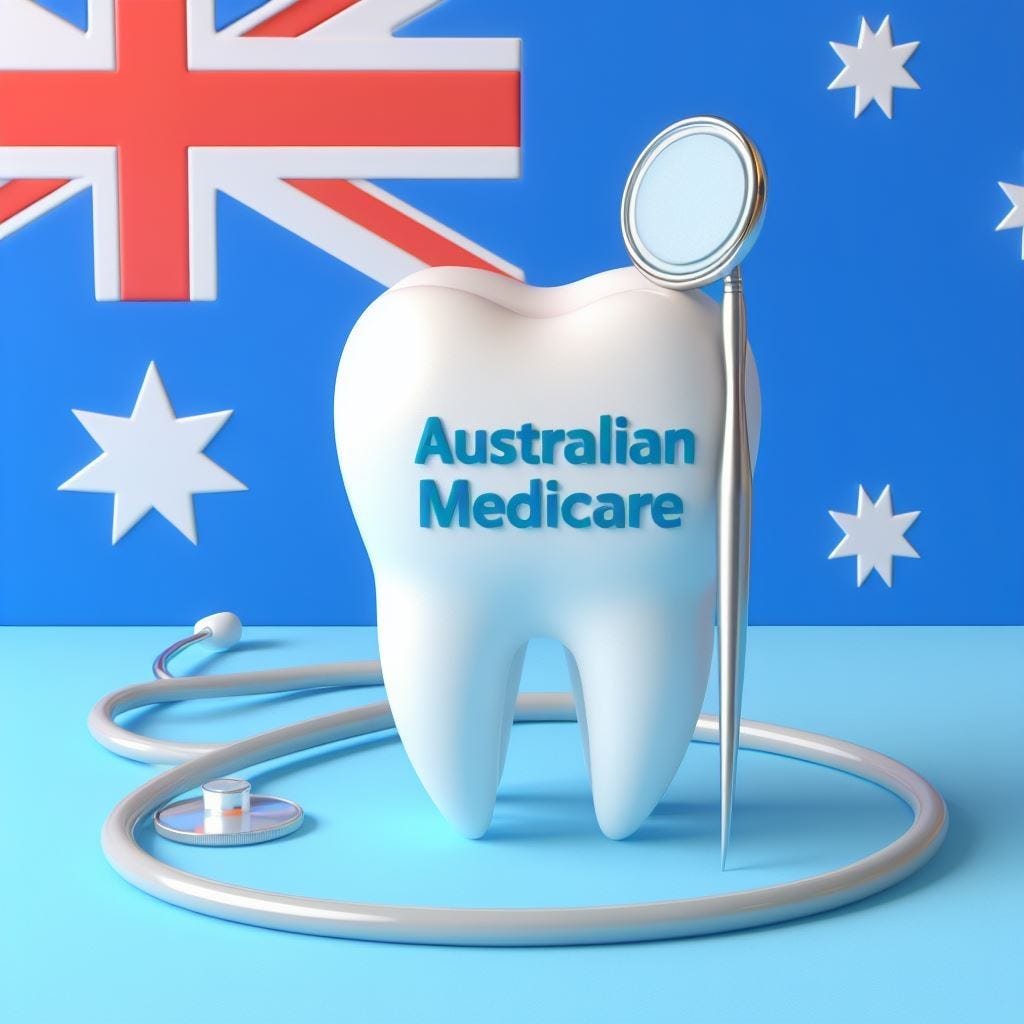Media focus on oral health
A recent series of news articles has shone a light on oral health inequalities in Australia. It's time for the dental profession to step up their advocacy efforts.
The Guardian Australia newspaper ran a special series Broken Smiles this week on the inequality of Australia’s dental care system. These five articles focused on oral health and access to care and provided an unprecedented level of coverage of dental issues. Did someone say, ‘upcoming federal election’?
The first article - How Australia’s ‘unfair’ dental system (and the way $1.3bn is spent) is driving inequality and leaving millions of people behind – noted that of the $1.3 billion that the federal government spends on dental care, more than $800 million goes to subsidising private health insurance that predominantly benefits higher income earners. This is a significant factor contributing to the inequality we see in oral health, as a large proportion of the population skip or delay dental treatment because they can’t afford the cost of private dental care and they are ineligible for public dental care. The consequences are seen in increasing rates of dental disease and record numbers of people being hospitalised for preventable dental problems.
The second article drew on research I published last year that found that Australia ranked 23rd in OECD countries for the proportion of government funding for dental expenditure. There are fourteen countries whose governments contribute more than 40% of total dental expenditure – including countries like Japan where dentistry is included in the universal health insurance system covering most dental procedures. Most people there pay out-of-pocket around 30% of their dental treatment costs, with the exception of children, older adults and people on lower incomes. France is another country that has recently introduced reforms to their national health insurance scheme, which pays up to 60% of the regulated fee for dental treatment.
The next article focused on the geographic divide in access to dental care, noting that people living in regional and remote areas are less likely to visit a dentist, with cost a greater factor. There is a shortage of dental practitioners in regional and rural areas, something that I highlighted in a recent research paper. There are 72 dentists per 100,000 people in major cities, dropping to 48 in inner regional areas, 40 in outer regional areas and 25 in remote areas. Travel distances in rural areas compound this access issue which contributes to the higher burden of dental disease experienced by our country cousins.
My contribution to the series was an opinion piece on the need to move towards greater public funding for a universal dental scheme. Critics of expanding Medicare to include dentistry tend to focus on the cost – anywhere from $1.8 billion a year for a scheme that provides only preventive care to $7.7 billion for an uncapped scheme that includes general dental care. The Parliamentary Budget Office recently costed the Greens’ proposed comprehensive dental scheme at $14 billion a year. This ignores the costs of poor oral health – from preventable hospitalisations which are estimated to cost around $1.6 billion per year to lost productivity costing up to $700 million annually. These critics are also strangely silent about the $800 million that subsidises private dental care.
The final piece highlights the piecemeal approach from successive governments to addressing this issue over many years, from the initial exclusion of dentistry from Medicare through to the current Child Dental Benefits Schedule. Despite the fact that the Labor national platform is to provide universal access to dental care, and there are strong supporters on the government backbench including Labor MP and paediatrician Mike Freelander, no action has been taken in this term of government.
Labor sees oral health as the missing element of Medicare. Our goal is to provide universal access to affordable dental services for all Australians. Labor will engage a consultative process with all relevant stakeholders to begin this work.
Health Minister Mark Butler is on record as saying that expanding Medicare to include more dental services is not a priority for the government in the short term. Whilst there is work on a new national oral health plan with goals to reduce inequities in oral health, without a serious commitment from government we risk facing another decade of inaction.
I would strongly encourage everyone in the dental profession to read these articles and reflect on their role in helping to advocate for measures to improve access to dental care and reduce the significant burden of dental disease in Australia. As the election campaign heats up, it is important that we take this opportunity to put oral health on the ballot paper.






an incredibly important issue as dental checks are also one of the best ways to recognise head and neck cancer too!
Nice article Matt.